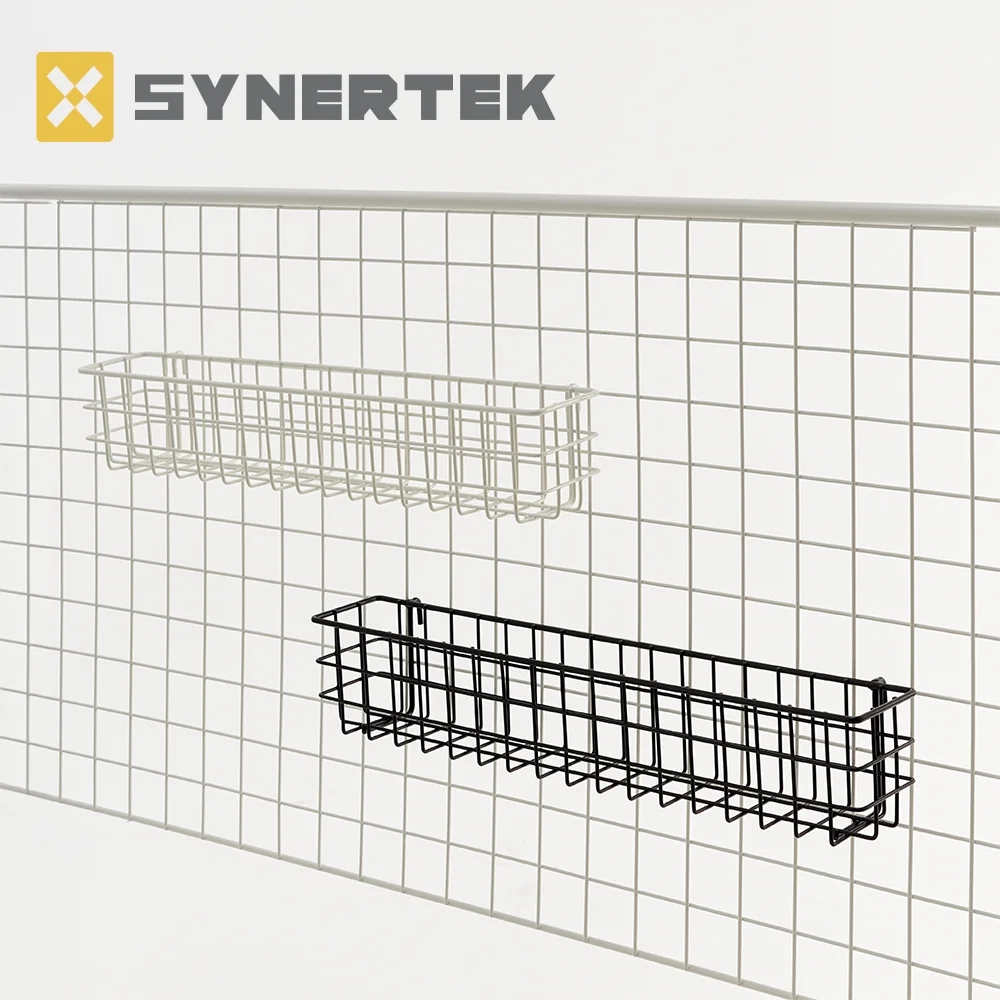When it comes to constructing wall partitions, selecting the right material is crucial for ensuring durability, functionality, and aesthetic appeal. With a plethora of options available in the market, it can be challenging to determine which material is best suited for your specific needs. In this blog post, we will delve into the various materials commonly used for wall partitions, evaluating their characteristics, advantages, and disadvantages. By the end, you will have a comprehensive understanding of the ideal material for your wall partition project.
- Gypsum Board:
Gypsum board, also known as drywall or plasterboard, is a popular choice for wall partitions. Its versatility, cost-effectiveness, and ease of installation make it a preferred option in both residential and commercial settings. Gypsum board offers excellent fire resistance, sound insulation, and can be easily painted or decorated. However, it may not be suitable for areas with high moisture levels, as it is prone to water damage. - Glass:
Glass partitions have gained immense popularity in modern interior design due to their sleek and contemporary appearance. They allow natural light to permeate through spaces, creating an open and airy ambiance. Glass partitions offer sound insulation, are easy to clean, and can be customized with various finishes. However, privacy concerns and higher costs compared to other materials may be limiting factors. - Metal Studs with Plasterboard:
Combining metal studs with plasterboard provides a sturdy and durable wall partition solution. Metal studs offer excellent structural support and can withstand heavy loads. Plasterboard, when used with metal studs, enhances fire resistance and sound insulation properties. This material combination is ideal for high-traffic areas or spaces where additional strength is required. However, the installation process may be more complex and time-consuming. - Concrete Blocks:
Concrete blocks are renowned for their strength and durability, making them suitable for both interior and exterior wall partitions. They offer exceptional fire resistance, sound insulation, and thermal properties. Concrete blocks are also resistant to pests and require minimal maintenance. However, their weight and cost may pose challenges, and professional expertise is necessary for proper installation. - Acoustic Panels:
For spaces that require superior soundproofing, acoustic panels are an excellent choice. These panels are designed to absorb and reduce noise, making them ideal for recording studios, conference rooms, or home theaters. Acoustic panels come in various designs, colors, and sizes, allowing for creative and customized installations. However, they may not provide the desired privacy and are not suitable for load-bearing applications.
Conclusion:
Selecting the best material for your wall partition depends on several factors, including budget, functionality, aesthetics, and environmental conditions. Each material discussed in this article offers unique advantages and disadvantages. Gypsum board provides versatility and cost-effectiveness, glass imparts a modern and open feel, metal studs with plasterboard offer strength and durability, concrete blocks ensure exceptional fire resistance, and acoustic panels excel in soundproofing. Consider your specific requirements and consult with professionals to make an informed decision that aligns with your project goals.

